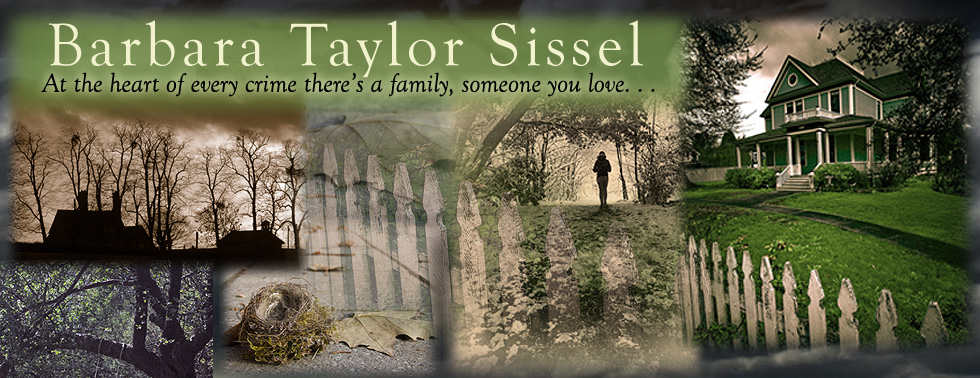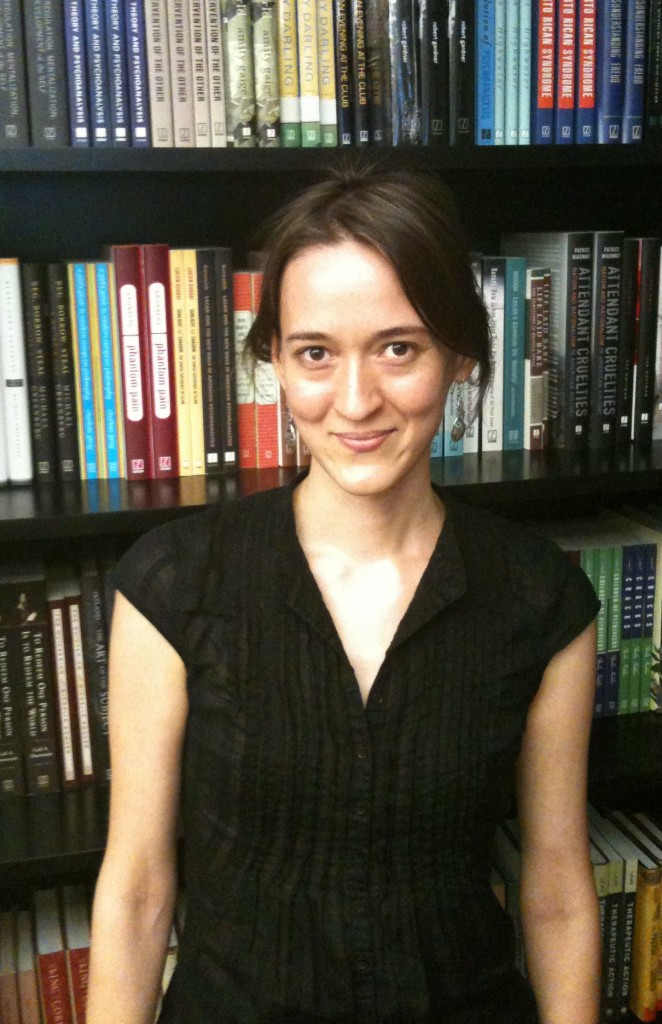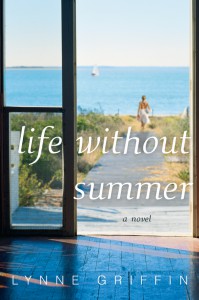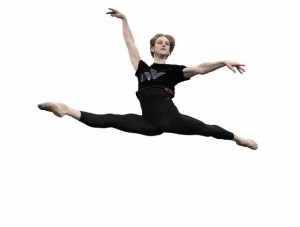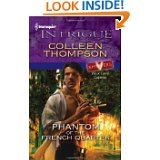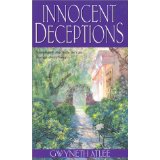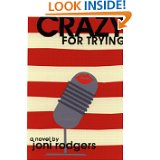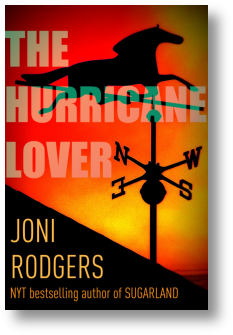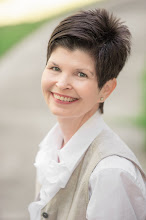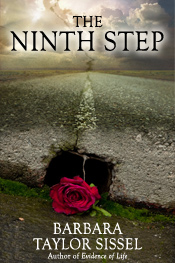First: The farm and the magical trip that made up the best Thanksgiving Day ever....
On Thanksgiving Day I rode with my son, David, and his girlfriend, Christy, to the Hill Country. It was the most special occasion because it was my first visit to land they purchased near Smithwick where in a few short months they will open an aquaponics farm. In case you don’t know, Aquaponics is the cultivation of fish and plants that are linked via a re-circulating ecosystem utilizing natural bacterial processes to convert fish wastes to plant nutrients. It is an environmentally-friendly, organic method of growing food (you harvest both fish and produce) that harnesses the best attributes of aquaculture and hydroponics without the need to discard any water or filtrate or add chemical fertilizers. And unlike crops raised by hydroponics alone, the fruits and veggies grown this way taste wonderful!
[caption id="attachment_500" align="alignright" width="2554" caption="The view from my front yard"]
 [/caption]
[/caption]I’m excited about this venture and thrilled to be part of it. One of the reasons we went there was so that I could choose a home site. I’m thinking a Texas Tiny Houses type home. I took my camera (my home site picture here doesn’t do it justice) and a small iron bird, a garden ornament, to leave there as a promise, and I brought back a soil sample and rocks with actual crystals in them from what will one day be the garden outside my front door. It was a beautiful day to be outside, to walk the land that had lived in our hearts for so many years like a dream. The air in the hill country has an effervescence, like champagne, and it’s permeated with the fresh scent of cedar. There were butterflies everywhere, the music of birds (the property backs up to a section of the Balcones Canyonlands National Wildlife Reservation) and the hush of the wind through the trees. Not silence, and yet it was silence at some level so deep, a level that waits in each of us, I think, to be recognized, to be nourished. We had lunch. Christy and David had packed my favorite Thanksgiving feast: turkey sandwiches on homemade bread with homemade cranberry sauce and butter. Evening came and we sat in the grass watching the last of the day’s light glaze the hills across the highway. “It’s hard to leave,” I whispered, and it was.
Now for the goddess part....
But on the way home, we had an interesting conversation. Christy is training to run in the MetroPCS Dallas White Rock 26.2 mile marathon going off this weekend. She’s been training for weeks and it’s amazing to me; her persistence has been dogged in the extreme. Grueling. I’d never do it and I'm so proud of her because she is! She has said all along, though, that she isn’t doing it to win and I understand her completely. The very fact that she set the goal, that she adhered to a training schedule, that she hasn’t once given up on her commitment has given her a sense of accomplishment. It has raised her level of self-confidence. And that’s enough. She’ll be happy, she says, if she can finish. But David said if he had put in all the sweat equity she has, he’d be set on winning. In fact, he said he wouldn’t take on the challenge of a marathon or anything like that unless he believed to his core he could win. Their discussion seemed to represent one of the classic male/female divides and led me to remember a remarkable book I read quite some time ago, The Alphabet Versus the Goddess, The Conflict Between Word and Image by Leonard Shlain. I mentioned the book to them, and reflecting on it, said I thought the difference in their approach to a challenge was rooted in ancient history when men were the hunters in charge of bringing food back to their tribe and women were the gatherers, the nurturers, charged with the safety and wellbeing of the children, the progeny that ensured the continuance of the race. That is a less well-defined goal, one that spans a much longer time of execution than the one of rustling up the family’s next meal. A guy had to be focused; he had to win and more than that, he had to be passionate about winning. He had to be in a kind of “take no
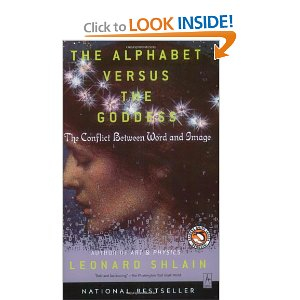 prisoner’s” mode, because it wasn’t as if he could purchase dinner at the local grocery store if he failed! His need to succeed was immediate, the consequences if he didn’t were just as immediate … starvation and death. And while the woman’s role was as crucial to the tribe’s survival, there wasn’t the daily pressure of the hunt with its clearly defined objective. The hunter had to win, every day provide a physical trophy; the goddess didn’t. She provided things, but they were less tangible, nothing to dance in the end zone over! At least that’s my take on it for what it’s worth. Y’all weigh in, if you want to.
prisoner’s” mode, because it wasn’t as if he could purchase dinner at the local grocery store if he failed! His need to succeed was immediate, the consequences if he didn’t were just as immediate … starvation and death. And while the woman’s role was as crucial to the tribe’s survival, there wasn’t the daily pressure of the hunt with its clearly defined objective. The hunter had to win, every day provide a physical trophy; the goddess didn’t. She provided things, but they were less tangible, nothing to dance in the end zone over! At least that’s my take on it for what it’s worth. Y’all weigh in, if you want to.And for readers who might be interested
From the Amazon Review: "Literacy has promoted the subjugation of women by men throughout all but the very recent history of the West," writes Leonard Shlain. "Misogyny and patriarchy rise and fall with the fortunes of the alphabetic written word." That's a pretty audacious claim, one that The Alphabet Versus the Goddess provides extensive historical and cultural correlations to support. Shlain's thesis takes readers from the evolutionary steps that distinguish the human brain from that of the primates to the development of the Internet. The very act of learning written language, he argues, exercises the human brain's left hemisphere--the half that handles linear, abstract thought--and enforces its dominance over the right hemisphere, which thinks holistically and visually. If you accept the idea that linear abstraction is a masculine trait, and that holistic visualization is feminine, the rest of the theory falls into place. The flip side is that as visual orientation returns to prominence within society through film, television, and cyberspace, the status of women increases, soon to return to the equilibrium of the earliest human cultures. Shlain wisely presents this view of history as plausible rather than definite, but whether you agree with his wide-ranging speculations or not, he provides readers eager to "understand it all" with much to consider. --Ron Hogan
It took me awhile to get through it, but it was well worth the read, for what I carried away from it was a clearer understanding of human nature and a greater hope for our future.
